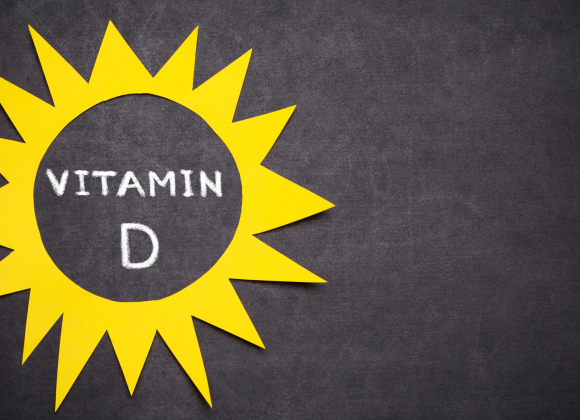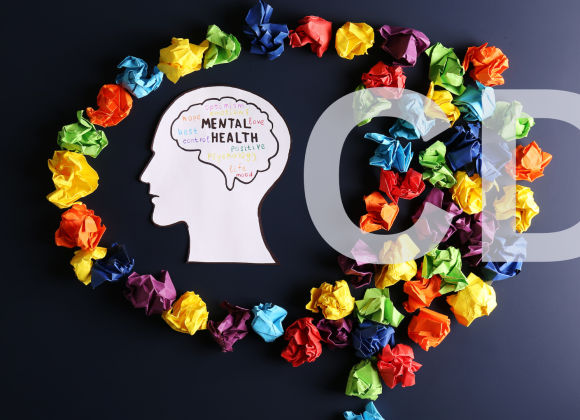What is low testosterone?
Low testosterone (low T), or testosterone deficiency or hypogonadism, is a condition characterized by the body not producing enough of this important hormone. While it may not seem like a universal issue, studies show that about 2% of men worldwide struggle with low testosterone. But the real numbers may be even higher. Why? Because testosterone deficiency isn’t easy to diagnose. Not every man with low levels can detect obvious symptoms, and definitions of “low” can vary widely.
Testosterone is the hormone that turns boys into men in puberty. It’s what spurs muscle growth, lowers voices and makes body hair grow. It’s also essential for sperm production, playing a starring role in male fertility. But over time, testosterone doesn’t remain at its peak for men. Starting around age 30, testosterone begins a gradual decline. However, this decline isn’t the same for everyone. Some men in their 50s might have higher testosterone levels than others in their 40s, while others might experience a sharper drop.
What’s interesting is that hypogonadism is more than just numbers on a lab test. It’s a subtle change that can impact everything from energy, mood and muscle mass to sexual health. But a lot of men dismiss these changes as simply “aging.” The truth is, low testosterone is more widespread than many people think, and it’s not just an “old man’s problem.” Younger men can also be susceptible, due to obesity, chronic illness, or stress.
What are the signs of low testosterone?

As men age, they often face sexual health issues like low libido and erectile dysfunction. Testosterone deficiency levels can trigger these problems. Signs of testosterone deficiency include:
- Excessive fatigue
- Loss of muscle mass
- Reduced beard and body hair growth
- Weight gain and obesity
- Depression symptoms
- Poor memory, focus, and concentration
- Increased breast tissue (gynaecomastia)
Causes
Aging: The Natural Decline: After 30, testosterone starts to decline naturally at a rate of about 1% per year. This gradual dip is a typical part of aging, but in some men, the decline can be steeper and come with symptoms like fatigue, less muscle mass and low libido. Yes, aging is unavoidable but the effect it has on testosterone varies widely from individual to individual.
Medical Conditions: The Silent Saboteurs:
Several medical conditions can cause havoc with testosterone production. These include:
Obesity: Increased body fat, particularly in the abdominal area, is associated with reduced testosterone production. Testosterone is converted to estrogen by fat cells, further decreasing available testosterone.
Type 2 Diabetes: Men with diabetes have a double the risk of hypogonadism, insulin resistance can change the production of hormones.
Chronic Illnesses: Chronic conditions such as kidney disease, liver disease, and HIV AIDS disrupt the body’s normal ability to produce testosterone.
Pituitary Disorders: The pituitary gland regulates testosterone production. Tumors or other problems with this gland can cause a hormonal imbalance.
Who does male hypogonadism affect?
Male hypogonadism can impact individuals with testicles from birth through adulthood. Older adults face a higher risk of low testosterone. Additionally, obesity, poorly managed type 2 diabetes, and obstructive sleep apnea increase the likelihood of this condition. Chronic health issues like kidney dysfunction, liver cirrhosis, or HIV/AIDS also contribute to testosterone deficiency.
What are the treatments for low testosterone?
Healthcare providers treat low testosterone with testosterone replacement therapy. This therapy comes in several forms, each suited to different needs:
- Testosterone Skin Gels: Apply testosterone gel daily to clean, dry skin as instructed. Let it absorb fully before dressing and one should avoid skin-to-skin contact to prevent transferring the gel to others.
- Intramuscular Testosterone Injections: Administer into a muscle every 1-2 weeks. Long-acting options are available every 10 weeks. Subcutaneous injections are also an option.
- Testosterone patches: Apply daily to the skin, rotating locations to avoid irritation.
- Testosterone Pellets: A specialist implants these under the skin every 3-6 months for consistent, long-term dosing.
- Buccal Testosterone Tablets: Sticky pills applied to the gums twice daily for quick absorption.
- Testosterone Nasal Gel: Apply into each nostril three times a day.
- Oral Testosterone: A pill form (undecanoate) for specific conditions like Klinefelter syndrome or pituitary damage.

What are the side-effects of testosterone replacement therapy?
Your specialist will regularly check your blood to monitor low T levels during testosterone replacement therapy (TRT). This is crucial because TRT can cause side effects like thickening your blood, enlarging your prostate gland, weight gain, acne, and headaches. Even after your testosterone reaches normal levels, symptoms might persist. If this happens, your specialist may pause treatment to explore other causes.
Before starting TRT, discuss with your specialist if it’s right for you. The risks may outweigh the benefits if you:
- Are at high risk for prostate cancer
- Have a high red blood cell count
- Have untreated obstructive sleep apnea
- Have heart failure
- Plan to have children in the next 6–12 months
The long-term effects of TRT are still unknown. However, your specialist can guide you on the safest way to manage testosterone deficiency or male hypogonadism symptoms. Always consult them to make an informed decision.
How to balance testosterone naturally
Boosting testosterone naturally often starts with simple lifestyle adjustments. Incorporating the following remedies can help maintain healthy hormone levels:
Rest Well: Strive for 7-9 hours of good sleep each night which helps with hormone production.
Eat right: Emphasize healthy fat (avocados, nuts), protein (eggs, lean meat), zinc (oysters, pumpkin seeds) and vitamin D (sunlight, oily fish).
Exercise Smart: Strength training (squats, deadlifts) boosts testosterone, however too much can have the reverse influence.
Manage Stress: High cortisol decreases testosterone. Consider meditation, hobbies or adaptogens such as ashwagandha.
Lose Weight: More fat, particularly belly fat, lowers testosterone.
Avoid Alcohol & Toxins: Steer clear of excessive drinking and environmental toxins such as BPA (found in plastics).
Stay Sexually Active: Regular intimate exposure can play a huge role in maintaining appropriate testosterone levels.
Supplement Wisely: Perhaps vitamin D3, zinc, magnesium, ashwagandha or fenugreek




